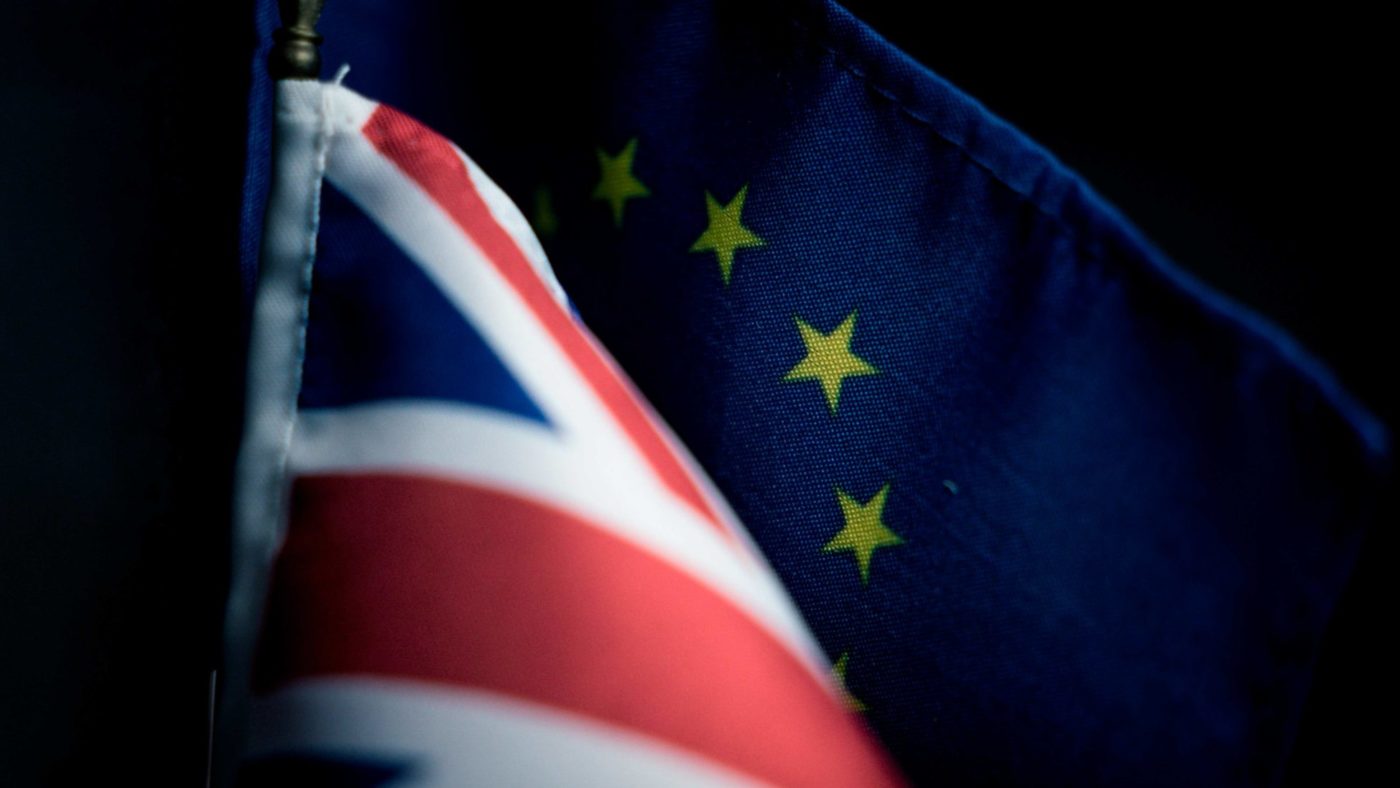With the support of the Atlas Network, CapX is publishing a new series of essays, podcasts and interviews on the theme of Illiberalism in Europe, looking at the different threats to liberal economies and societies across the continent, from populism to protectionism and corruption.
Brendan Simms is one of Britain’s leading historians. Professor of the History of International Relations at Peterhouse College, Cambridge, Brendan has published extensively on Britain’s role in the world, European grand strategy, and the rise of fascism in the C20th. His books are widely acclaimed and include Europe: The Battle for Supremacy, Britain’s Europe: A Thousand Years of Conflict and Cooperation, and his latest, Hitler: Only the World was Enough.
Our Deputy Editor, Frank Lawton, sat down with Brendan for discussion that ranged from the Holy Roman Empire to the future of Europe (with the odd trip down a Brexit byway for good measure)
But first, Frank began by asking if there was such a thing as ‘historical thinking’ and whether it was of any use to policy makers.
Brendan Simms on… the uses of history and historical parallels
History provides a framework, a way of thinking, which is very difficult to define, but it doesn’t provide straightforward lessons.
The only comparison with the 1930s that might be halfway helpful is perhaps the appeasement analogy with Mr. Putin, because we have accepted his annexation of the Crimea and the war that he started in eastern Ukraine.
The debates in the United States about its place in the world are in some ways continuations of debates that we had in this Britain in the 18th century between the Whigs and the Torys.
On… the Union
The reason for the existence of the United Kingdom in the form that we have it goes back to really two impulses. One is to find a structure that resolves the relationship with the nations of our islands…namely to prevent the English from dominating the others. But also a strategic impulse, which is partly due to the need to rally the entire resources of these islands against a European hegemon, but also to prevent a European hegemon from exploiting the fragmentation of these islands.
It’s an uncomfortable truth, I think, that the European Union provided a permissive environment for Scottish nationalism. The closer the links to Brussels, the greater the distance to Westminster. And actually, Scottish independence economically was only really possible in a context where both an independent Scotland and the rest of United Kingdom are part of the European Union.
Ultimately, Brexit makes Scottish independence less rather than more likely.
People don’t seem to realise that the United Kingdom is also an instrument for the containment of England.
On… Ireland
The Good Friday Agreement was not in and of itself predicated on the European Union. If neither country were in the European Union, we would still have the Good Friday Agreement.
What I’m really anxious about is actually the fraying of relations between the Dublin government and London.
On…the future of Europe
Putin is a threat to the European Union, both in the foreign policy sense and in the sense of domestic policy.
What I hope to see is a full political union of mainland Europe, which needs to be the same union that Scotland and England had in 1707..That’s the only way of stabilising the currency, securing the border and deterring people like Mr. Putin. I think Brexit both helps and hinders that project.
On…the European Union
The European Union is not something that the United Kingdom needs in the same way as other European countries needed because the United Kingdom was a victory power in the Second World War. So the European Union, very crudely speaking, gives mainland Europeans something that they never had, or lost. In the 20th century, and in the case of Britain very broadly speaking, although there are many economic benefits and other benefits, it was fixing something that wasn’t broken.
I would resist the idea that liberalism is particularly stronger in the east – the National Front is a huge party in France, AfD is not a small in Germany, and one of the most distressing things in Europe over the last year has been the situation Catalonia, where European conceptions of the rule of law have been overturned and you’ve had the imprisonment of essentially peaceful Protesters. So I think there are many, many threats to this project. Some of them are liberal threats, some of them are conservative, some are left wing.
Click here to subscribe to our daily briefing – the best pieces from CapX and across the web.
CapX depends on the generosity of its readers. If you value what we do, please consider making a donation.


